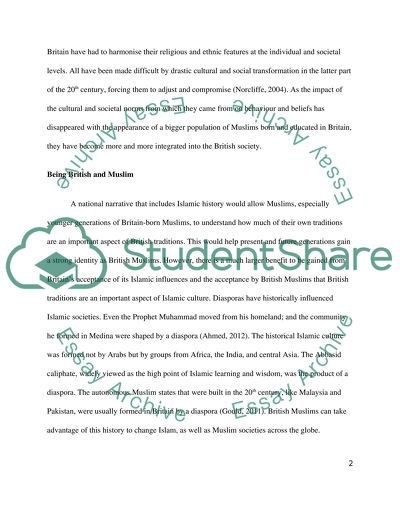Cite this document
(“A Critical Evaluation of How Muslims Living in Britain Can be Both Essay”, n.d.)
Retrieved from https://studentshare.org/religion-and-theology/1404037-a-critical-evaluation-of-how-muslims-living-in
Retrieved from https://studentshare.org/religion-and-theology/1404037-a-critical-evaluation-of-how-muslims-living-in
(A Critical Evaluation of How Muslims Living in Britain Can Be Both Essay)
https://studentshare.org/religion-and-theology/1404037-a-critical-evaluation-of-how-muslims-living-in.
https://studentshare.org/religion-and-theology/1404037-a-critical-evaluation-of-how-muslims-living-in.
“A Critical Evaluation of How Muslims Living in Britain Can Be Both Essay”, n.d. https://studentshare.org/religion-and-theology/1404037-a-critical-evaluation-of-how-muslims-living-in.


